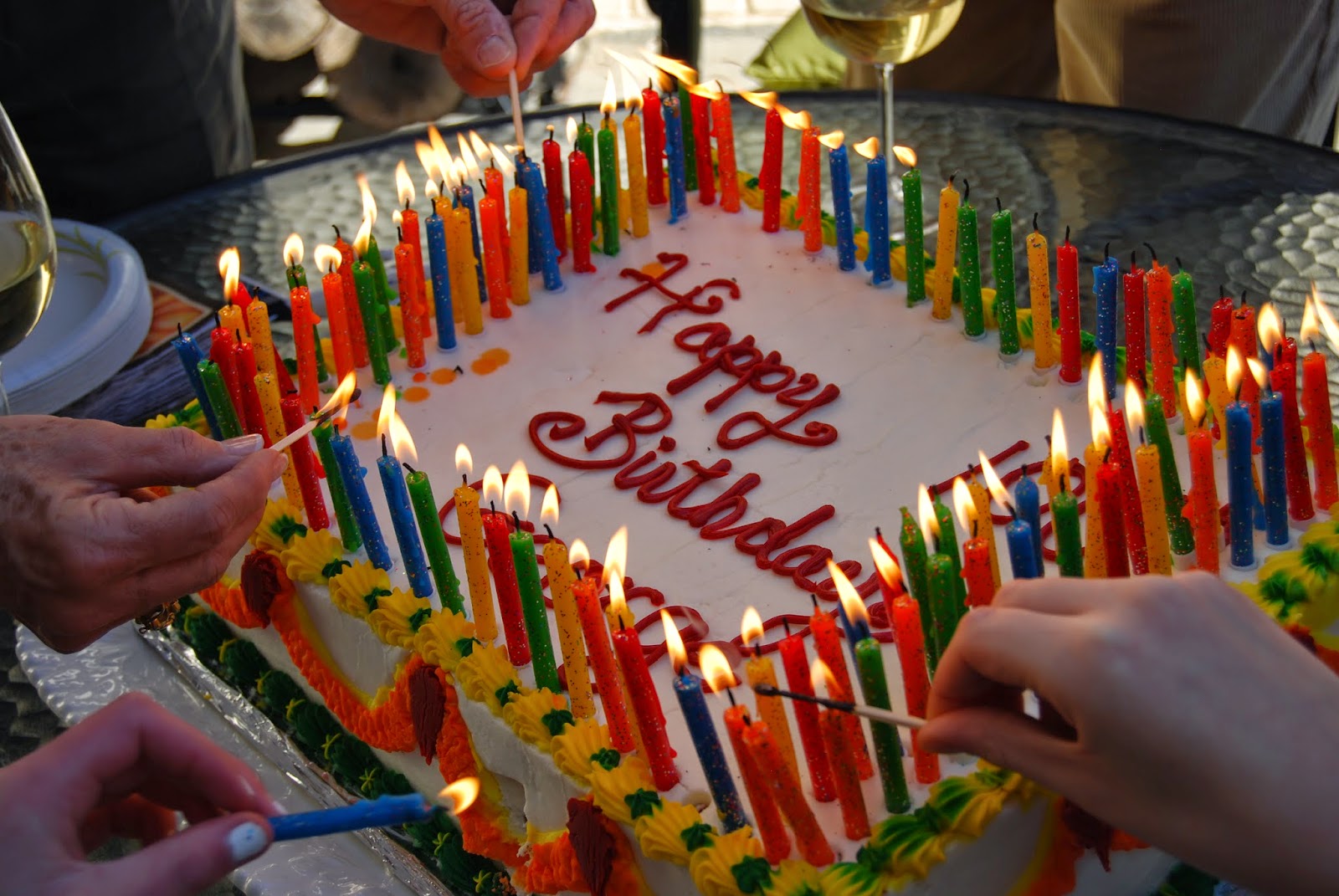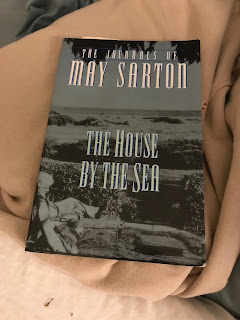 |
| photo by Anna Reavis |
Often when I finish a book that has truly engaged me, like Kafka on the Shore, I have a good bit of difficulty choosing my next read. Last week after finishing my first Murakami, I promptly ordered three more, but as they didn’t arrive for several days, and I wasn’t about to go bookless, I had to do something. So I trekked down to the library to see what was new (to them) and found a copy of an Anne Tyler book that had been donated by another patron. Noah’s Compass is a small volume in which nothing much happens, but I enjoyed it just the same. I’d forgotten how approachable and likeable I find Anne Tyler’s voice.
In Noah’s Compass, Liam is a 60 year old divorced man who has little contact with his family and who has just lost his job of many years. After he is attacked in his new down-sized apartment and wakes up from a concussion, he begins to realize how much he has been coasting, out of touch with his own life. While this was a small book and a quick read, it does touch on what I think is an important issue in our society: the isolation and alienation born of the dissolution of marriage and family and of our loss of community. Liam realizes that he, like Noah, hasn’t needed a compass, because neither of them was ever really going anywhere. At the resolution of the book, though, Liam finds redemption in a way he never anticipated. I do love a quick read with a happy ending.
And now the conundrum...do I keep reading Anne Tyler, or do I tackle my new Murakamis? Any recommendations on favorite Anne Tylers?




